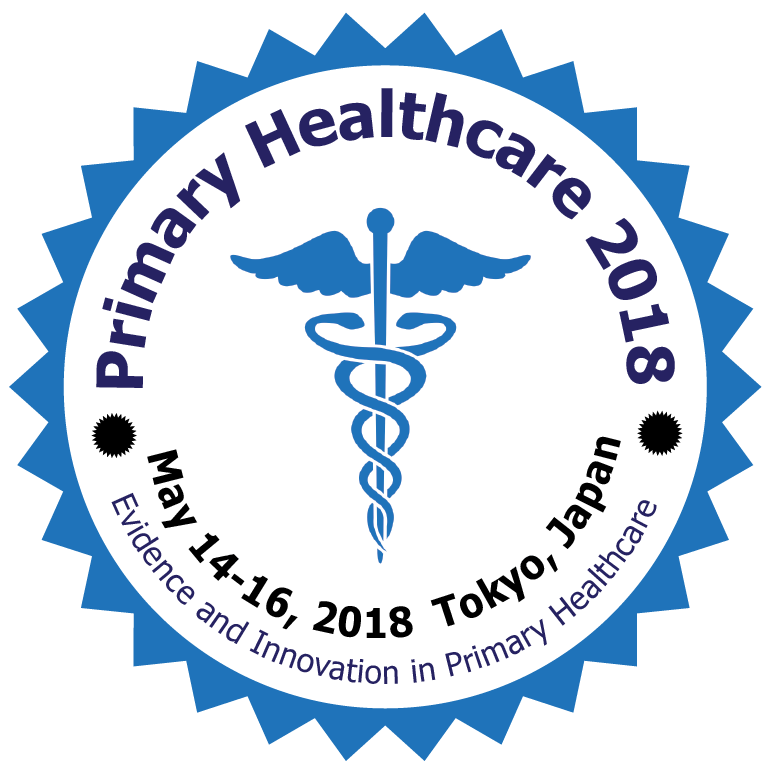Alexandre Favero Bulgarelli
Federal University of Rio Grande do Sul, Brazil
Title: Healthcare for older people at end-of-life: Worker perceptions during domiciliary visits
Biography
Biography: Alexandre Favero Bulgarelli
Abstract
Statement of the Problem: In Brazil, the increase in demands for home care to older adults is growing rapidly. This is a social reality and a current demographic Brazilian situation that are in need to be discussed. In the scope of Unified Health System, which is the Brazilian public health system (Acronym in Portuguese is SUS), primary health care is responsible for creating the linkage with the user, caregivers, health worker and family. Furthermore, primary health care is responsible to develop the integrality and the longitudinality of care and attention through in-home/domiciliary care. In this context, older people in palliation, which are in end-of-life situations and are unable to access even the nearest health care center, demand professionals prepared to deliver home care services to control painful symptoms and give comfort to the patient and their family.
Aim: The aim of the present study is to analyze the perspective of health professionals (doctors, nurses and dentists) in the domiciliary care, held at Primary Health Care in SUS, in the assistance district of the Federal University of Rio Grande do Sul: Glória Cruzeiro Cristal District Management, located in the municipality of Porto Alegre, Brazil.
Methodology & Theoretical Orientation: This is a qualitative research with a comprehensive study design in which the perceptions of workers regarding the process of home care assistance were analyzed. The theoretical support is a part of the main thoughts of the German philosopher Hans-Georg Gadamer, in which he interprets/researcher comprehension of the research object is the ability of the researcher to put himself in the place of the other. Data were collected by means of semi-structured interviews with 12 subjects. The interviews were digitally recorded and transcribed. Empirical data from interview transcripts were systematized and analyzed according to the content analysis. The interpretation took place through the Gadamer’s philosophical hermeneutics.
Result: From this assumption, the analysis of the consensus of the perceptions was made articulating them with interpretative indications referring to the object, allowing, in this way, the construction of the interpretation of the categories: Thinking about health comfort in end-of-life; to whom should we ask for help in the service?; the self-reflection: To be solidary and to face the suffering; importance in guiding caregivers in the end-of-life of the elderly and keep developing in-home visits to give comfort to the family.
Conclusion: It is finally considered that the common sense about domiciliary care, from the perspective of these SUS workers, includes in the dialectical reflection of the representation of the human and solidarity in the exercise of primary healthcare services. To these workers, palliation in finitude shows itself as a constant human connection between health services and the family. This study will enrich the development of the humanized assistance at the Primary Health Care strategies of the Brazilian Public Health System regarding older adults in palliation.

